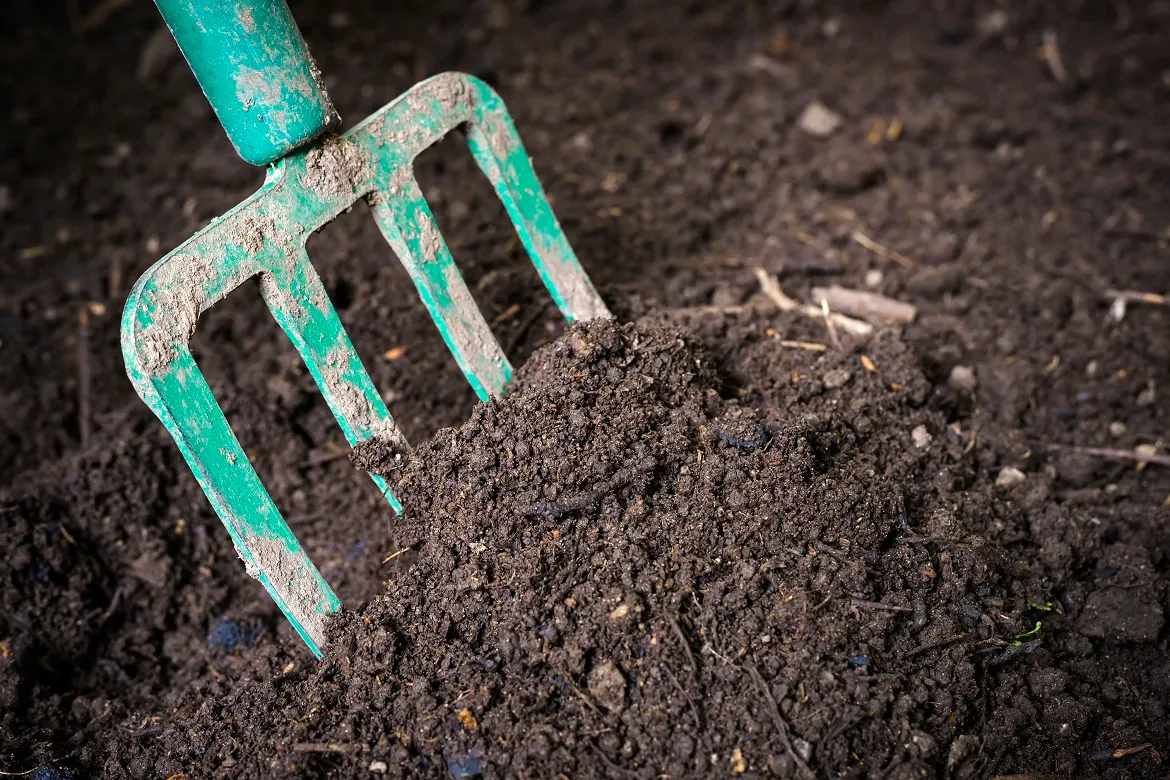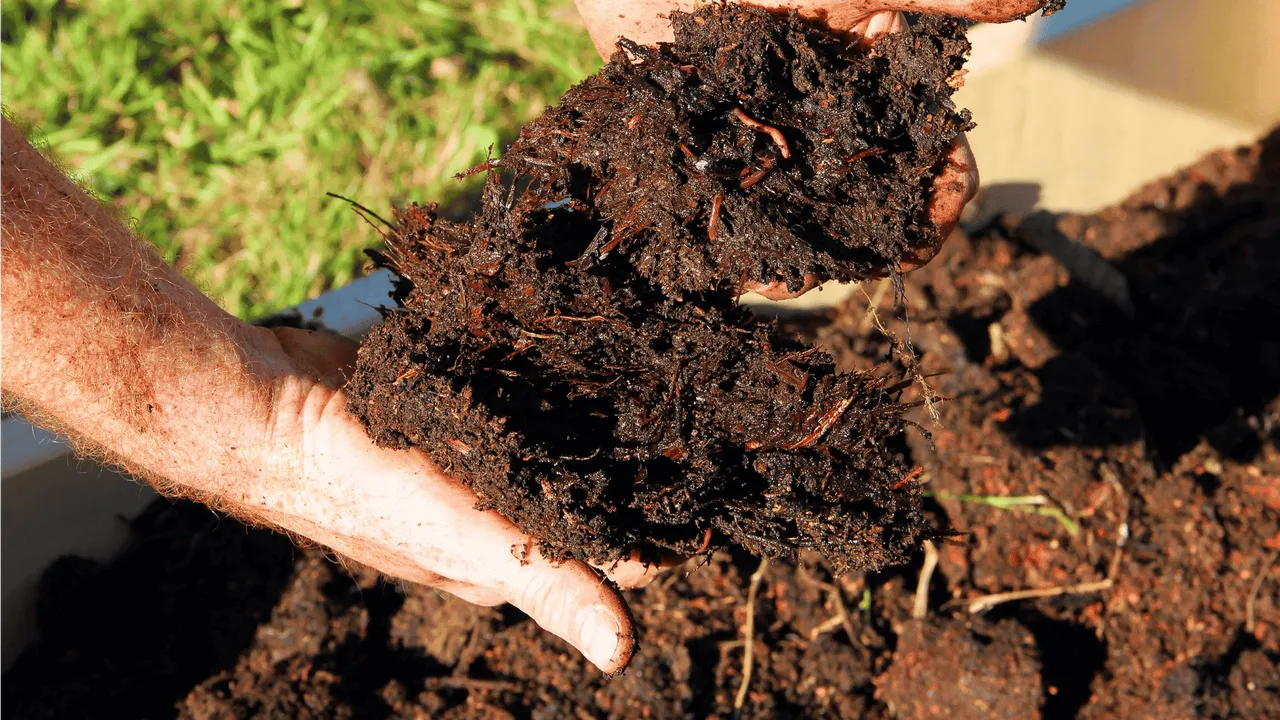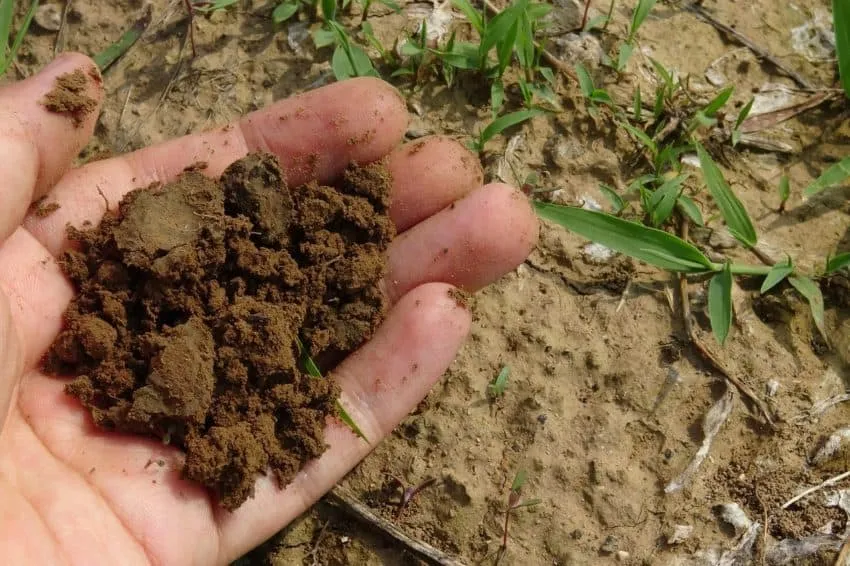Usually the correct maturity of the compost reflects the quality of the compost, however, many mature composts are not necessarily of high quality. It is essential to take into account a correct balance of nutrients, beneficial microorganisms and granulometry.



▶ The quality of organic fertilizers depends on the composition of the materials that can cover the requirements of the crop for a correctly balanced nutrition.

▶ Credits: Compostingbasics. – [Image of Public Domain]
≕ I invite you to stay tuned and read my next contribution ≔
A compost is considered of quality firstly when it proves to be a suitable environmental treatment, which implies that the fundamental parameters are evaluated during and at the end of the process.
These evaluations contemplate the physical, chemical and biological properties of the resulting compost and also guarantee an acceptable appearance, odor and proper sanitation. They must also be free of impurities and trace contaminants.
Among the property or physical parameters of quality we have the Color, Odor, Humidity and Granulometry, as for the chemical quality we have the Organic Matter Content, Nutrients, pH, Electrical Conductivity, C/N Ratio, while the Biological quality is listed as Phytotoxicity, Pathogens, Weed Seeds and Innocuousness.

In relation to the phytotoxicity of compost, phytotoxicity of compost is defined as any substance or element that stops the development or growth of plants.
NOTE: Reference material.